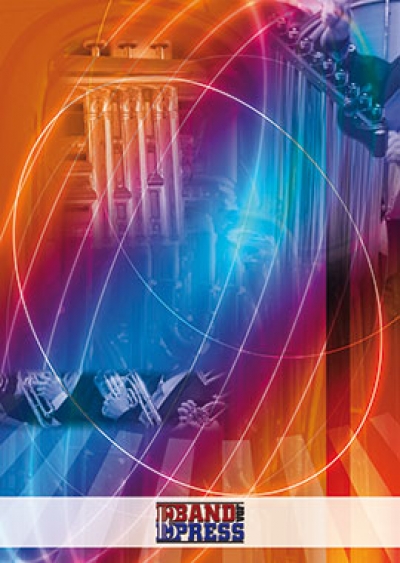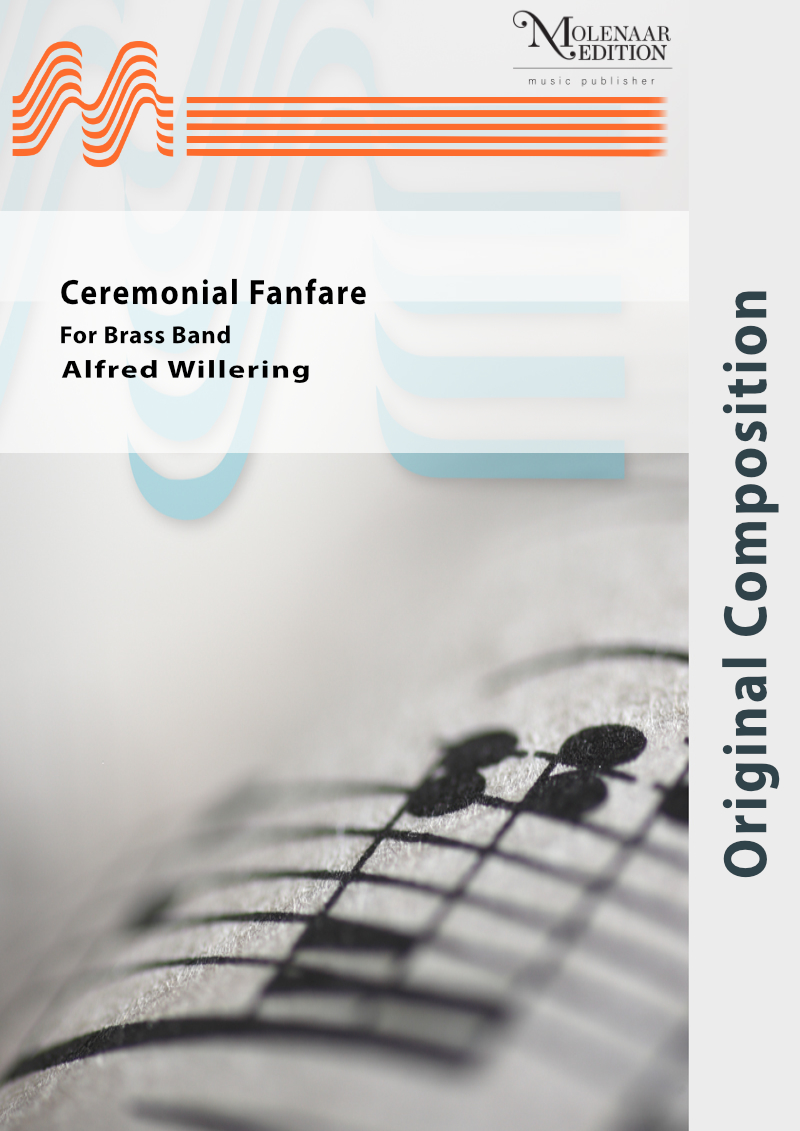We've found 38 matches for your search. Order by
Results
-
 £41.30
£41.30 -
 £41.30
£41.30 -
 £39.90
£39.90 -
 £88.10
£88.10Bolero De Concert - Louis Jaime Alfred Lefebure-Wely
Estimated dispatch 5-14 working days
-
 £127.30
£127.30Vinter og sne - Næss
"Winter and Snow" was written by Sigurd Jansen and Alfred Naess and were recorded and released on single by Norwegian singer Wenche Myhre in 1966. The single was released in connection with the Nordic World Championships held in Oslo that year. The well-known song was also recorded in new version in 2011 by Wenche Myhre and included on her album "66".
Estimated dispatch 5-14 working days
-
£32.95
Mac and Mac - Alfred
Estimated dispatch 5-14 working days
-
 £93.00
£93.00Wien Bleibt Wien as performed by Pro Brass - Schrammel Johann - Lauss Alfred
Estimated dispatch 7-14 working days
-
 £77.20
£77.20 -
 £41.00
£41.00Ceremonial Fanfare - Alfred Willering
Here we have a short but powerful composition introduced by a brilliant brass fanfare which is repeated by the rest of the band in different forms and by different instrumental groups, leading finally to an impressive climax. Here is another very fine piece to start your next concert.
Estimated dispatch 10-14 working days
-
 £62.00
£62.00
